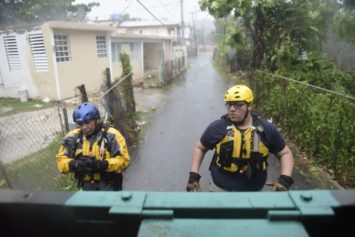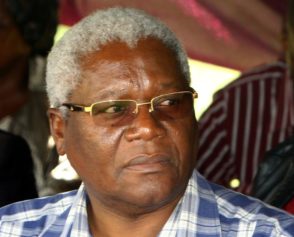The Antigua and Barbuda government said Monday the World Trade Organization (WTO) has allowed it to suspend certain duties under international law to the United States over intellectual property rights.
“Having initially received preliminary authorization to do so from the WTO in 2007 and negotiating in good faith with the United States government for a settlement of the case over the course of the last five years, Antigua is seeking final WTO approval of its sanctions in order to compel the United States to either comply with the rulings in Antigua’s favor in the gambling dispute or to negotiate a fair and reasonable solution with the Antiguan government,” according to a government statement.
It said that the remedy is expressly provided for under WTO law and, contrary to what the U.S. has publicly stated, will not constitute “piracy” or theft of intellectual property rights.
“Rather, it will be a lawful suspension of intellectual property rights, conforming to the judgment of the relevant WTO tribunal.”
In 2007, the WTO awarded Antigua and Barbuda the right to target U.S. services, copyrights and trademarks in retaliation for a U.S. online betting ban. But the WTO capped the limit of annual trade sanctions at US$21 million.
The Antigua and Barbuda administration had sought the right to impose US$3.4 billion in retaliatory measures, while Washington offered a mere US$500,000.
In 2003, Antigua initiated WTO dispute proceedings against U.S. federal and state laws barring foreign participation in U.S. Internet gambling markets. The WTO, in rulings in 2004 and 2005, found that the U.S. had violated its 1994 General Agreement on Trade in Services, which the WTO said allows Internet gambling.
The WTO has upheld rulings striking down the U.S. ban, but in 2006 Washington prevented U.S. banks and credit card companies from processing payments to online gambling businesses outside the country.
“The economy of Antigua and Barbuda has been devastated by the United States government’s long campaign to prevent American consumers from gambling online with offshore gaming operators.”
Read more: Jamaica-gleaner.com


